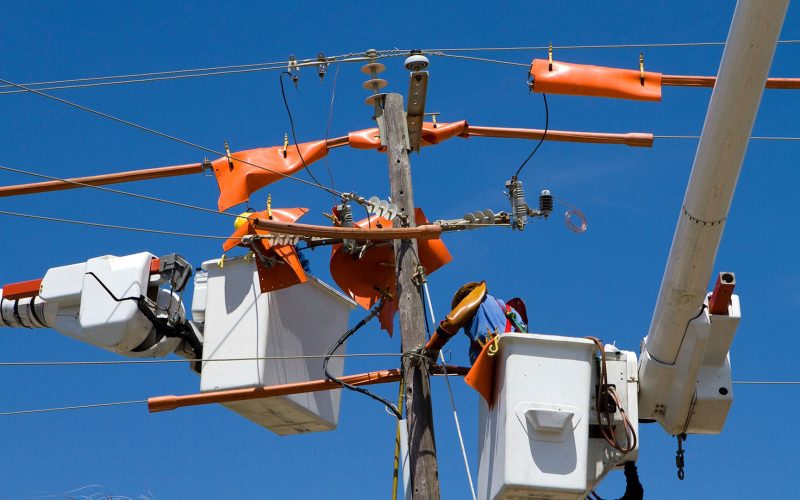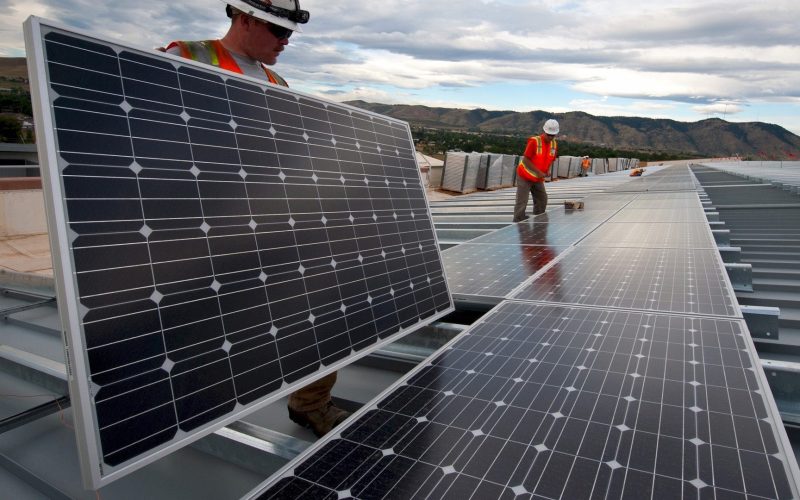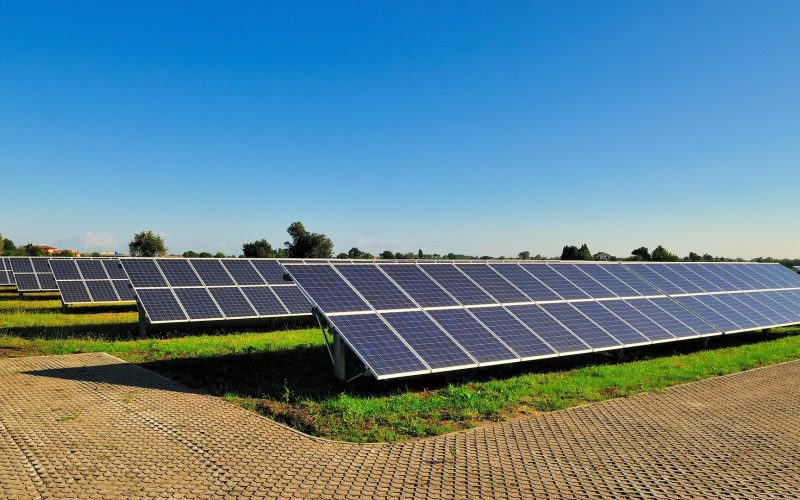THE VOICE FOR THE ENERGY CONSUMER

Missouri’s families, households, seniors, small businesses, and manufacturers are seeing decreasing reliability with increasing costs of electricity, while missing out on the tremendous economic benefits of a smarter, more integrated.

LOUISVILLE, KY — Consumer Energy Alliance (CEA) today announced the launch of a new campaign called “Kentuckians for Solar Fairness,” which aims to raise awareness on smart ways to continue.

The Kentucky legislature is voting on legislation – called HB 227 – which will protect electricity costs for you, your family, senior citizens, low-income families, and your neighbors! ACT NOW!.

Mike Butler, Executive Director of CEA Mid-Atlantic, comments on how the proposed energy taxes will negatively impact Pennsylvanians. But for those barely getting by, lawmakers should refrain from implementing the.

LOUISVILLE, KY — Consumer Energy Alliance (CEA), a national advocate for energy consumers, today announced support for recent legislation (HB 227) proposed in the Kentucky House of Representatives that would.

Last week’s media was dominated by cold fronts in places like the Northeast and Southeast regions of the country, but there were still bits of good news we thought we’d.

Brewster Bevis of the Associated Industries of Florida examines how the wrong energy policies enacted at the state and federal level can harm Florida’s families – and how the Campaign.

The recent cold snap has sent energy bills soaring, busting family budgets across the country. CEA’s David Holt discussed this recently with The Post and Courier. The government recommends that.

Modernizing America’s energy infrastructure doesn’t always necessitate building new pipelines. Sometimes, existing pipelines can be enhanced with new technology to become more efficient, allowing households and businesses access to additional.

JACKSON, MS – January 16, 2018 – Consumer Energy Alliance (CEA), a national advocate for energy consumers, and various Mississippi organizations joined together today to show support for the U.S..